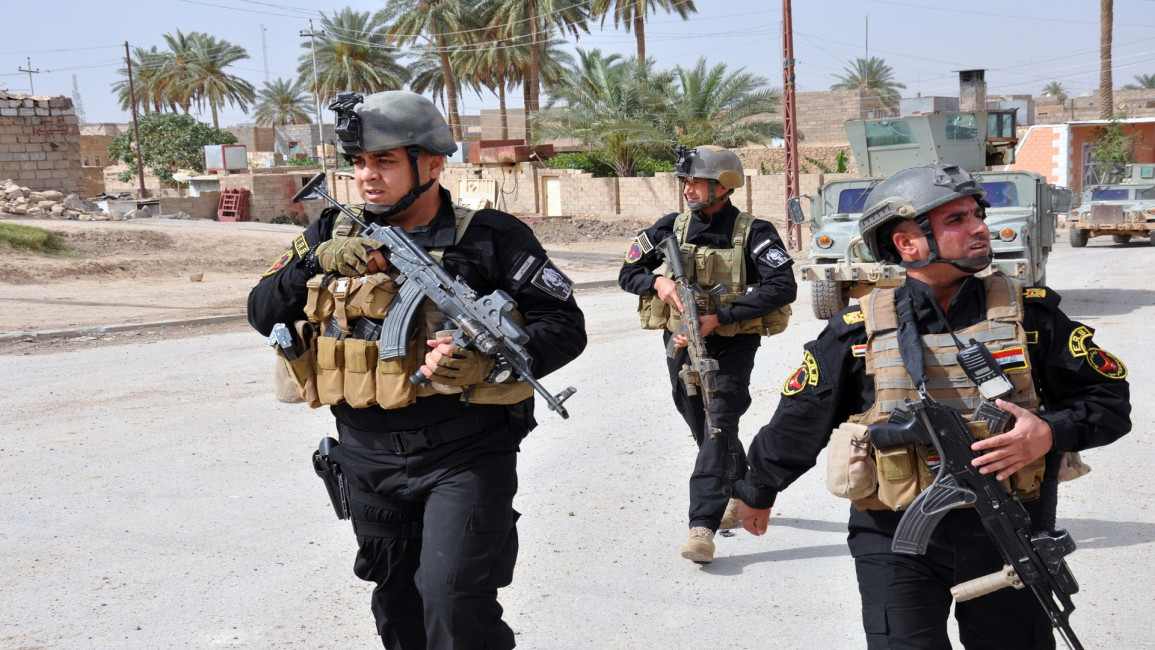Defending Baghdad 'adversely affecting' fight against IS in Anbar
Baghdad is topping the agenda for Iraqi security chiefs as fears grow surrounding attempts by the Islamic State group (IS, formerly ISIS) to infiltrate the capital.
Security officials have now begun to implement plans to secure the city, a move that has pulled manpower away from the fighting fronts in nearby Anbar province, where IS have made gains in recent months, taking the provincial capital Ramadi.
The areas bordering Anbar in Baghdad's western suburbs, such as Abu Ghraib, are being focused on, in an attempt to root out IS sleeper cells believed to be operating there.
“Security chiefs have received instructions from the commander in chief of the armed forces (prime minister) Haider al-Abadi, to intensify their presence in western areas of the capital and east of the city of Fallujah... and to draw up plans to take control of these areas,” an official at the Baghdad Operations Command (BOC) told al-Araby al-Jadeed.
“The instructions were to coordinate with all the divisions located in Anbar by drawing up a plan to redeploy and mobilise troops from any front, in order to secure the capital,” he added.
The BOC met with the heads of the pro-government Popular Mobilisation militias and army chiefs in Anbar to draw up the plan, which has been acted upon swiftly, with troops already being redeployed from Anbar.
In the meantime, the prime minister Haider al-Abadi is personally supervising the implementation of the plan to secure Baghdad.
Abadi’s office issued a statement saying that the prime minister “had last night visited the BOC headquarters and chaired a meeting of security and military leaders, listening to a detailed explanation from those in charge of security in the capital and the efforts to maintain its security in order to preserve citizens' lives.”
Security expert Wathiq al-Obaidi criticised what he called “plans to secure certain regions and leave holes in other areas”.
“It’s clear that the Joint Operations Command is manoeuvring with some of its troops to fill some of the fronts and control the situation in them,” said Obadi. “But these manoeuvres and redeployments are done in favour of certain fronts at the expense of others, an issue that is dangerous for security, particularly with an enemy like IS who knows how to take advantage of gaps.”
“It is unreasonable to try and secure Baghdad by securing its surrounding suburbs,” he added. “The capital, the headquarters of the government, should be made secure by securing the provinces surrounding it... otherwise the fall of Baghdad means the fall of Iraq and the government completely.”
The Anbar Provincial Council also criticised the plans adopted by Iraqi security forces fighting in the province, stressing that IS has been able to fortify itself and open supply routes with Syria to sustain the momentum gained by its recent victories.



